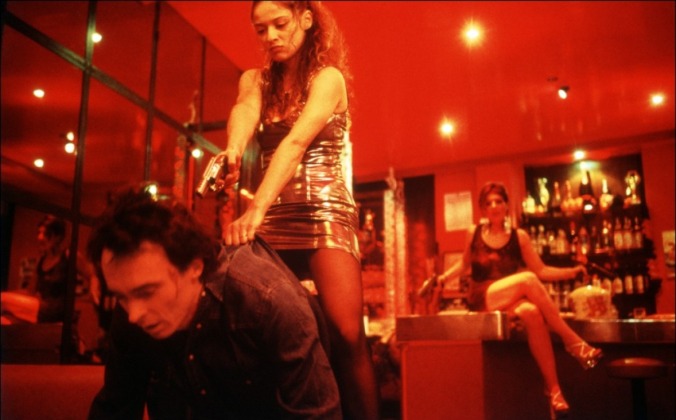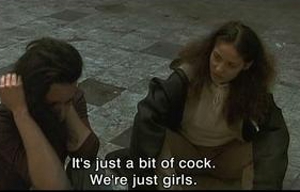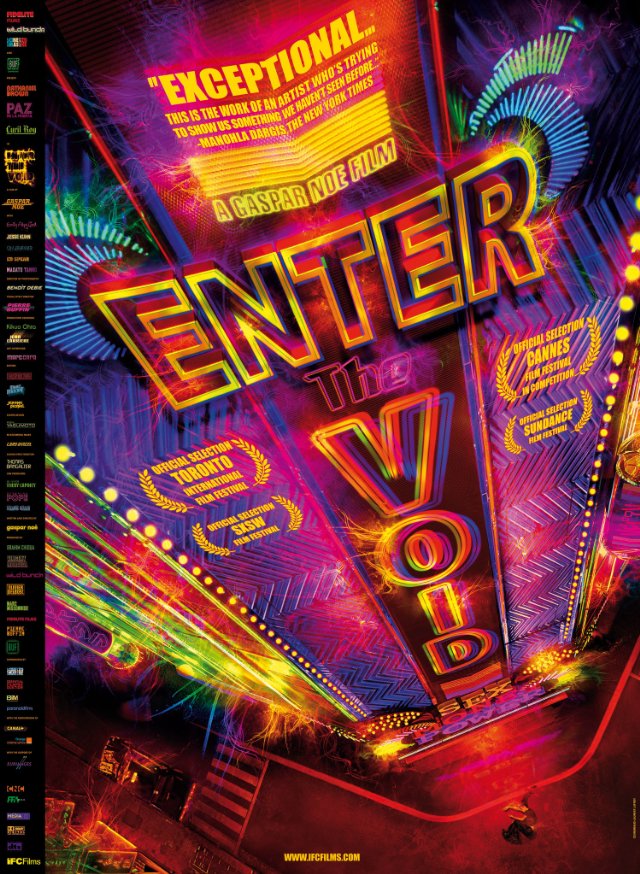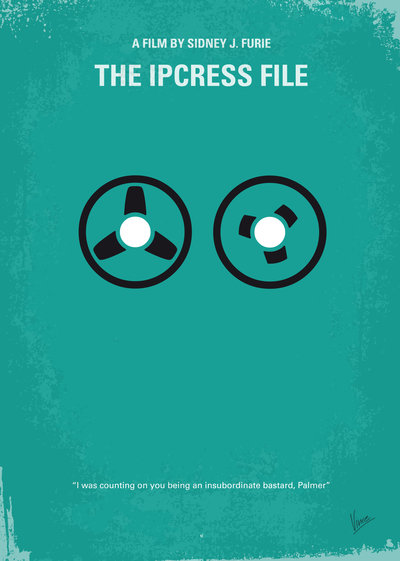0.5 STARS
“Rape Me”
General Information:
All information below is taken from the following link: http://www.imdb.com/title/tt0249380/
18 77 min – Crime | Drama | Thriller – 3 May 2002(UK)
Director
Writer
Stars
Raffaëla Anderson; Karen Lancaume; Céline Beugnot
Plot:
A rape victim and a prostitute ‘rebel against society’ by going on a pointless rampage of violence and sex.
Review:
Baise-Moi really is just a pointless waste of images and any decent human being’s attention. It’s a film which wants to be shocking and outrageous but never actually is. After viewing it, I IMDBd it – only to discover that this movie actually has ‘fans’. I place the word: fans, in-between apostrophes there because I believe these are the sort of people who are tricking themselves into believing that the film actually has some depth, simply by over-intellectualising all of the events that they see – the sort of person that believes that The Texas Chainsaw Massacre is a Marxist critique on Nazi Germany (i.e. the chainsaw-wielding ‘Leatherface’ being Hitler himself, and all of his cannibal family being members of the SS, and no doubt intentionally searching for a shot where the coincidental placings of decaying flesh and/or bones forms the shape of swastika).
And anyone who claims that this film is remotely ‘feminist’ is directly insulting Emily Davison.
The film’s setting is in the seedy underbelly of France. A place where drugs, sex, violence and rape are in every corner. Imagine Hobo With a Shotgun without the winking-at-the-camera self-awareness or the irony. The film unfolds in a very serious way, as if it has something interesting to say, and that all of the comic moments are actually satire – this can only be proven by its rather confrontational title when translated into English (‘Rape Me’). It’s like a Gaspar Noe film, without any of the style, visual flair or depth.
The film pretty much opens with a rape scene. The scene itself is rather effective. It’s shot with a manic hand-held camera – which captures the chaotic and brutal nature of the event itself without being so shaky that you can’t see what’s going on. There’s a horrific moment where one of the characters lies on the floor, defenseless, pretty much waiting to be raped, whilst she hears the sounds of desperation and agony from her friend who is being raped. It’s a powerful moment, and perhaps the best sequence in the film, because it injects an emotional reaction from the viewer during a scene of violence. I’ve awarded the half-star purely for this scene. I think the fact that I responded to this scene is pure luck on the filmmakers’ part: a cinematic fluke, if you will. When the scene ended, I didn’t feel that sense of ‘relief’ which you usually feel after a tense scene in a film. In fact, I wasn’t left shaken. The rape scene itself reminded me heavily of one of those comedians who just tell cheap cliché jokes which aim to offend, and where all the punch-lines are pretty much similar. You briefly chuckle; the laugh is never remembered, and the gag never quoted.
Following this, the two girls then go on a hedonistic rampage. The film then nudges towards us endless sex scenes and murder scenes. I use the word ‘nudges’ there because the film has literally no conviction with its content and subject matter at all. For violence or sex to be shocking or to stimulate any emotional response from the viewer, it has to be violently thrown towards our eyeballs with some form of visual flair or cinematic style. I am reminded of Kevin Smith’s directional style in Clerks. He presses the ‘record button’ and simply lets the actors ‘get on with it’. The same here. The record button is pressed and we are shown a recording of some sex and violence. Sex and violence on its own isn’t particularly shocking, it’s the ideas that lay behind them. I think the ‘point’ of the film is that the two girls go on this rampage for no reason whatsoever. The killings are random. If this is the case, then the notion of murders occurring without any motif is an unnerving one – but the film never takes advantage, thinking that by simply showing us bullets causing blood-wounds and penises going inside vaginas is simply enough. “A true thought, badly expressed, is a lie.”
The film is part of a new movement in cinema known as ‘New French Extremity’. One of the key auteurs, as I’ve already mentioned, in this movement, is Gaspar Noe – a man who in Enter the Void showed us a sex scene from inside of the vagina itself. No, I’m not joking. Now, you may find this disgusting or shocking or blunt or whatever – but this is exactly the point. This movement is a call-back to the 70s exploitation flicks and ‘video-nasties’. People would queue up to see these films which shocked, aroused and perversely entertained. These films were exhilarating and thrilling. The problem with Baise-Moi is that it is anything but. (And this isn’t necessarily because it doesn’t present us with a rather ‘original’ love-making scene).
But this isn’t the case with the film – it’s all images and nothing else. Thus due to this, the film is beyond bland.
I think my reaction to the film was quite simply this:
Oh look, there’s a woman sucking a man’s penis. Oh look, he’s sucking her vagina. Oh look, they’ve gone into a bar and massacred everyone there. Oh look, they’re consuming drugs. Oh look, his penis is going inside of her. Oh look, he’s just orgasmed. Oh look, she’s just orgasmed. Oh look, they’re all dead. Oh look, he’s screaming in agony. Oh look, there’s more dead people. Oh look, she’s screaming in agony. Oh look, she just said a naughty word. Oh look, an orgy. Oh look, he just said a naughty word. Oh look, another orgy. Oh look, another penis going inside a vagina. Oh look…
To which my reaction to all of this was quite simply: “So what?”
Verdict:
Not shocking. Not exciting. Not entertaining. Not thrilling. Not horrifying. A trashy piece of nonsense which takes away any emotional reaction to the scenes that it’s in. So bland and dull that the names of the characters escape me, and I couldn’t even remember which one was ‘the rape-victim’ and which one was ‘the prostitute’.








